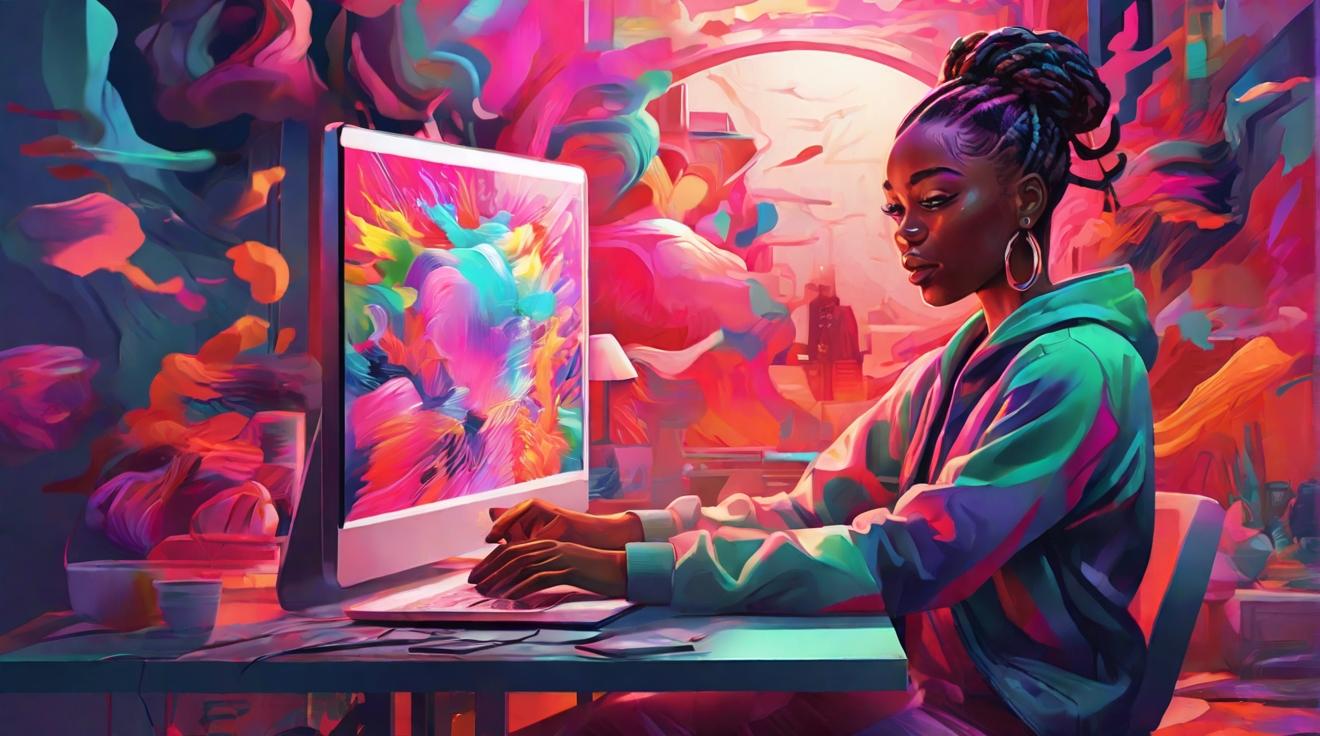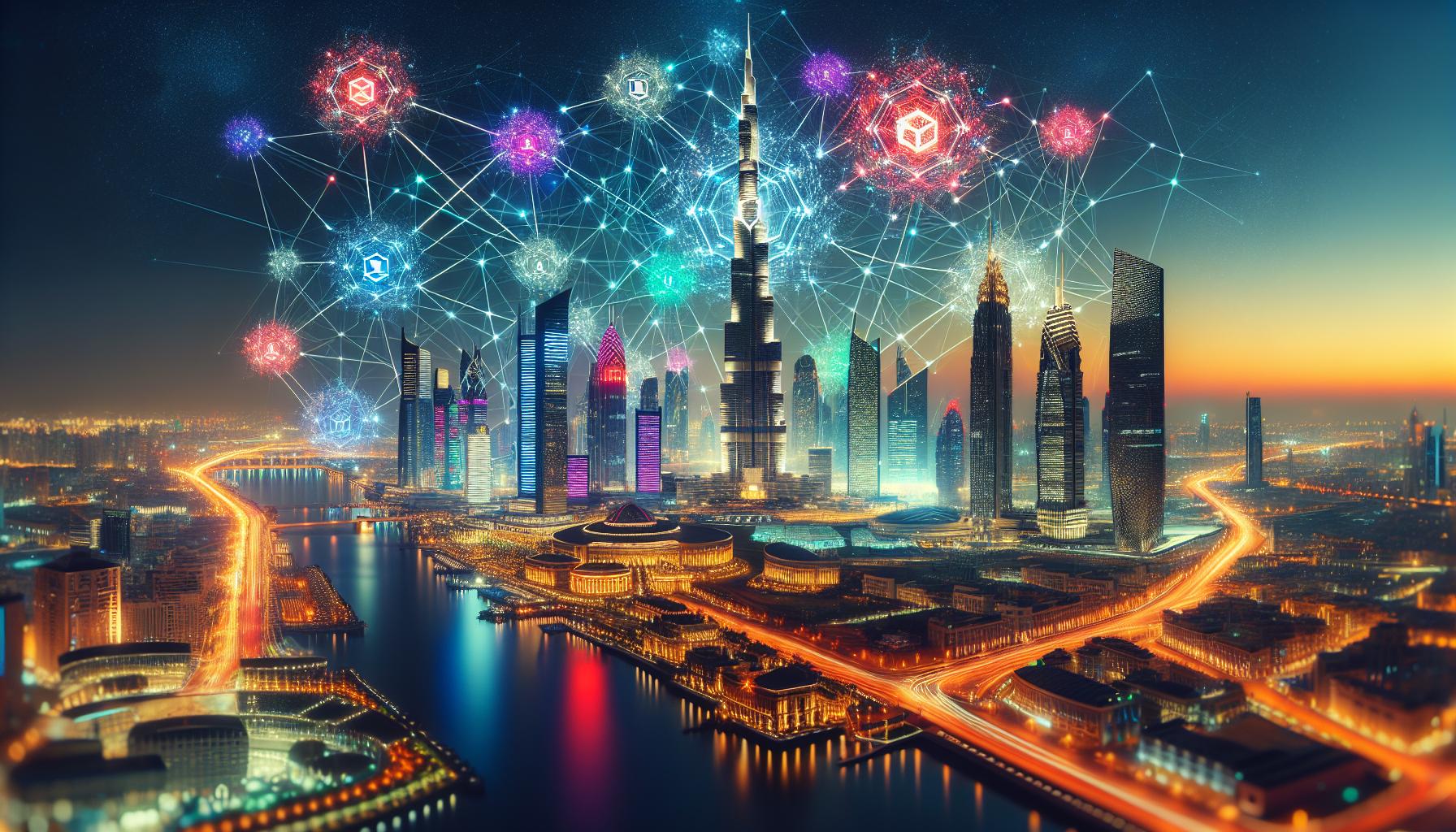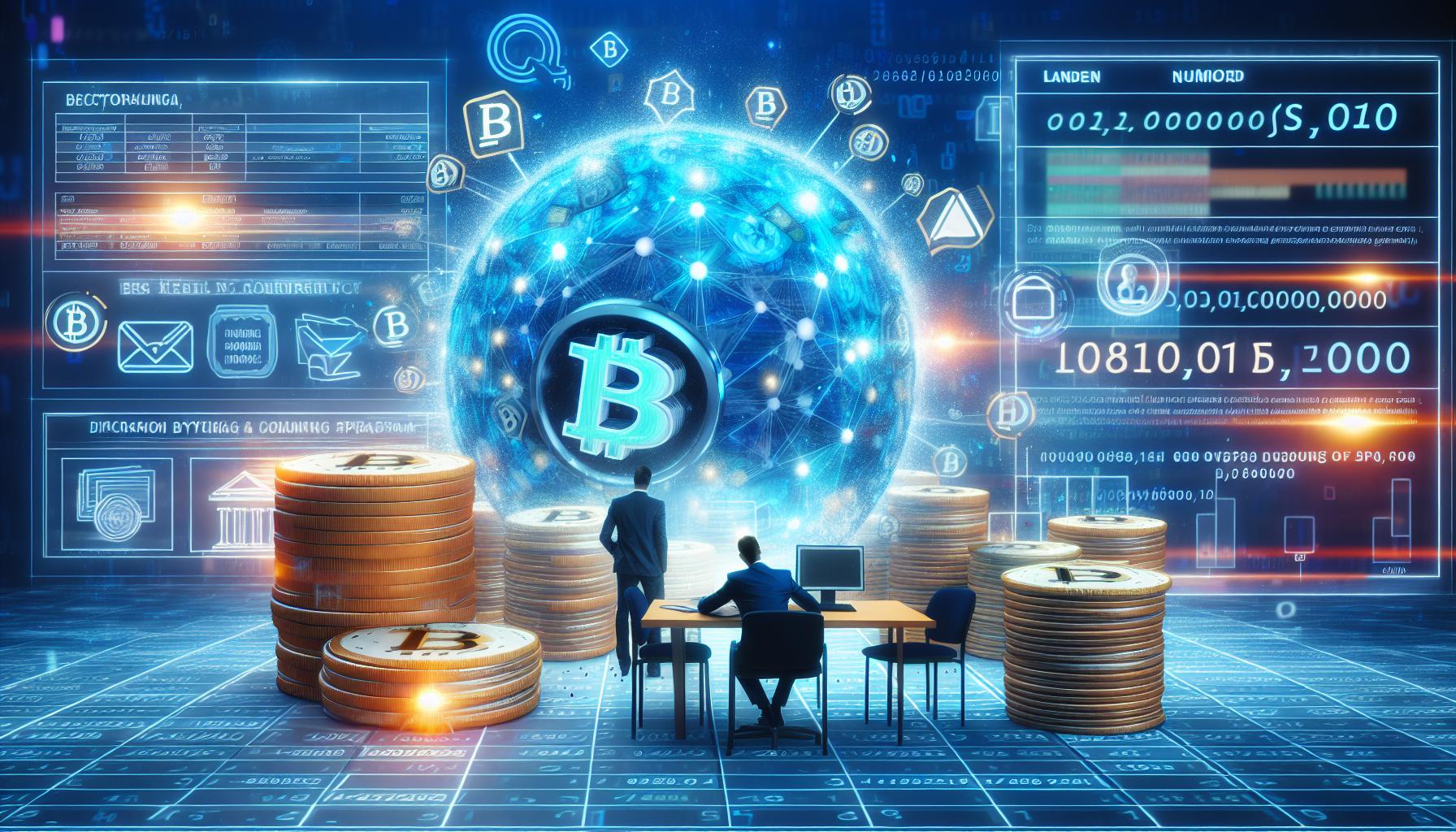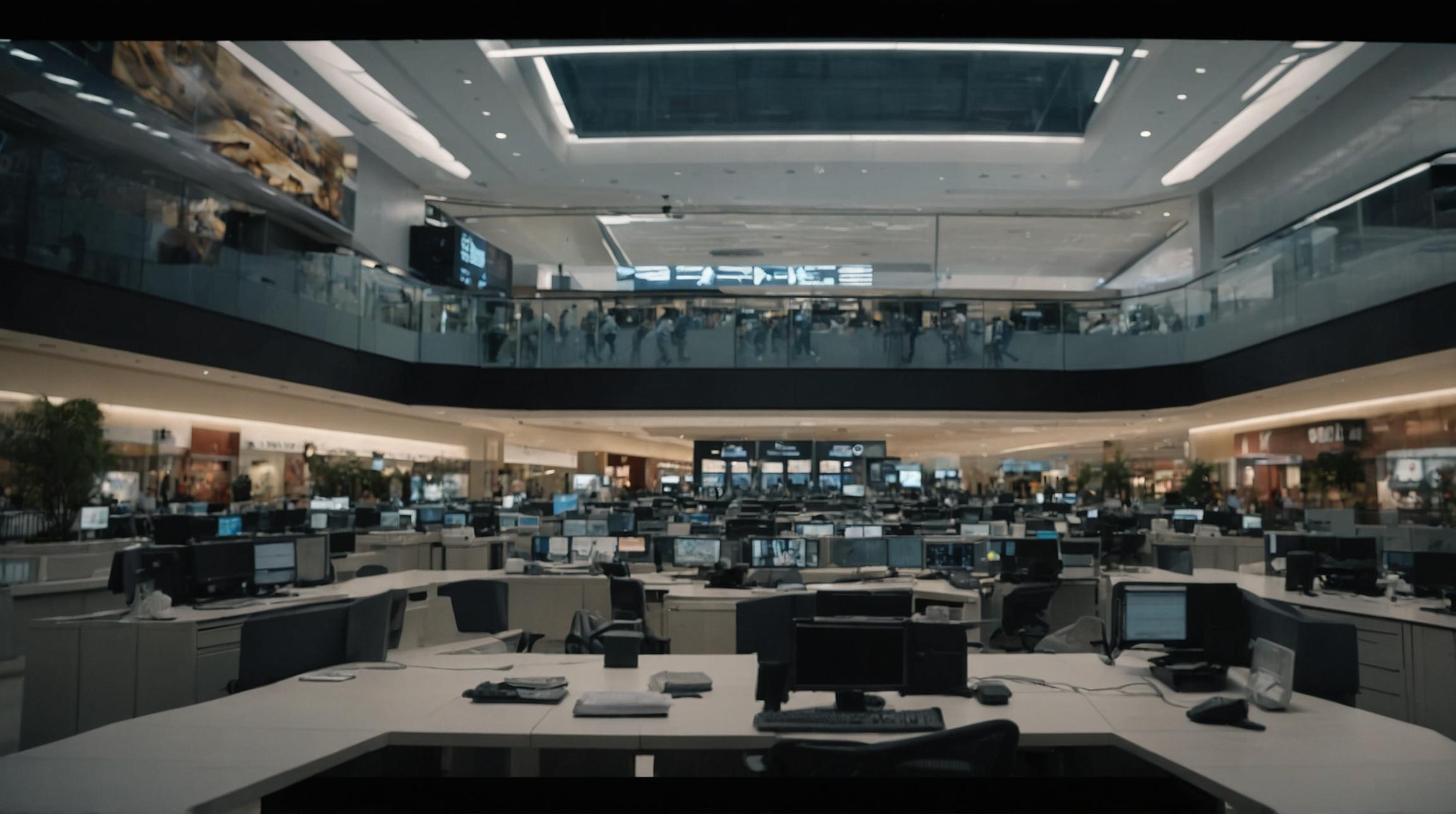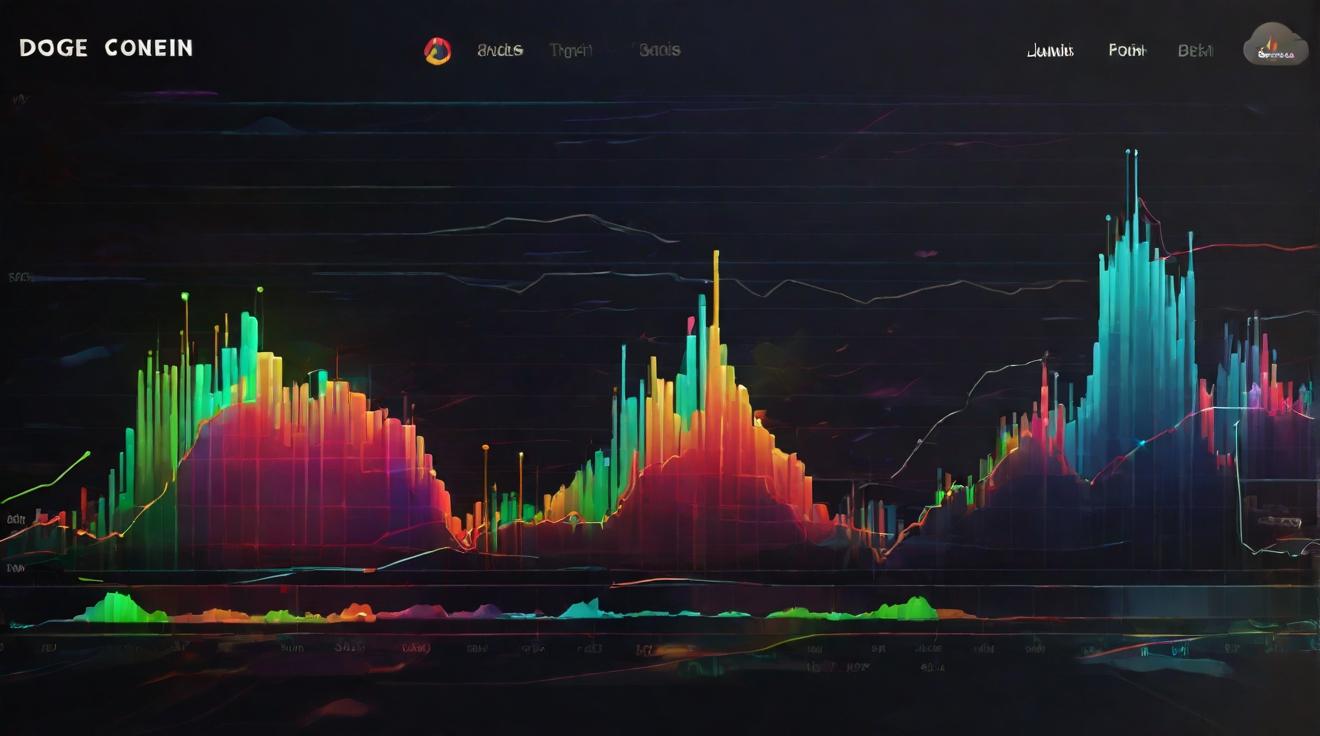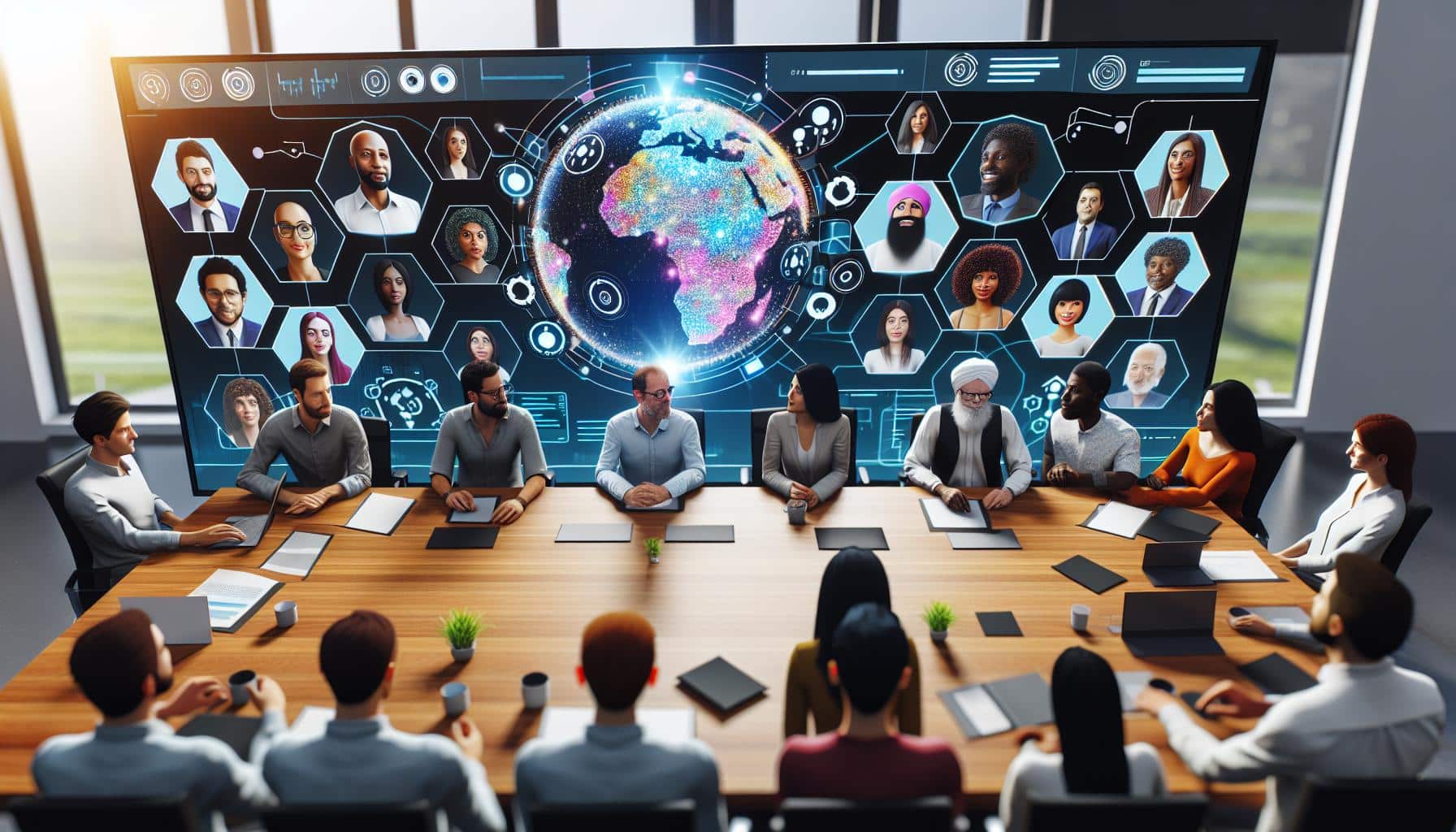Nigerian Digital Artists Embrace NFTs as a Path to Recognition and Liberation
In 2020, as Nigeria entered a new decade marked by significant cultural shifts, the country witnessed a powerful protest movement against police violence. The #EndSARS movement gained global attention and rattled the Nigerian government, leading to a series of restrictions. It was during this time that cryptocurrency emerged as a symbol of liberation for Nigerians, offering a decentralized means of financial transactions.
With government policies making it increasingly difficult for Nigerians to receive payments from international organizations, cryptocurrency became a lifeline for many. Bitcoin, in particular, became a token of freedom from a government that seemed determined to restrict its citizens’ activities.
This backdrop served as the perfect environment for the rise of Non-Fungible Tokens (NFTs) in Nigeria’s digital art scene. The technology allowed Nigerian artists to showcase their work, independent of traditional art institutions, and gave them a chance to directly connect with collectors and monetize their creations in real-time. NFTs also offered an added advantage of providing artists with ongoing royalties whenever their art was sold.
Freddie Jacob, a young Nigerian digital artist, explains, “I know a good number of Nigerian digital artists adopted the technology because of how liberating it felt. It was like one place where you could put a spotlight on your digital art and make sales from it.”
NFTs not only elevated the profiles and success of Nigerian digital artists but also leveled the playing field for artists who had been marginalized by traditional galleries and gallerists. Despite their newfound opportunities, digital artists still feel underrated, especially in comparison to their traditional counterparts.
“We’re yet to get to that part where digital artists are awarded the same respect as the traditional artists are,” acknowledges Izu Udokwu, an NFT artist from Nigeria.
Niyi Okeowo, another Nigerian digital artist, highlights the significance of decentralization in the NFT world, saying, “The decentralization that came with NFTs gave an extra layer of transparency for these artists.”
While the future of NFTs on a global scale remains uncertain, for Nigerian artists, these tokens represent more than just financial figures. NFTs have the potential to level the global art scene and provide a platform for artists who have not received adequate industry support. The hope is that with some adjustments, NFTs can contribute to fostering a more diverse and inclusive art industry.
As Nelson C.J., a culture journalist, puts it, “With NFTs, digital artists are seen and not taken for granted.”
Ultimately, the success of NFTs in Nigeria depends on the growth of NFT collectors who appreciate art for its intrinsic beauty and story, rather than simply as an investment opportunity. The support of such collectors will be crucial in nurturing the burgeoning digital art community in Africa.
While the NFT market experienced a downturn in 2023, marked by a decline in sales and item prices, the Nigerian art community remains hopeful. For them, NFTs serve as a pathway to recognition and liberation, empowering artists who have long been overlooked and underestimated. The journey may be uncertain, but the potential impact on the Nigerian art scene is undeniable.
Analyst comment
Positive news. The rise of NFTs in Nigeria’s digital art scene has provided a platform for artists to showcase their work and monetize their creations. NFTs have given Nigerian artists a sense of liberation and the opportunity to connect directly with collectors. The hope is that NFTs will foster a more inclusive and diverse art industry. The success of NFTs in Nigeria depends on the support of collectors who appreciate art for its intrinsic value. Despite a downturn in the global NFT market, the Nigerian art community remains hopeful for recognition and liberation.





